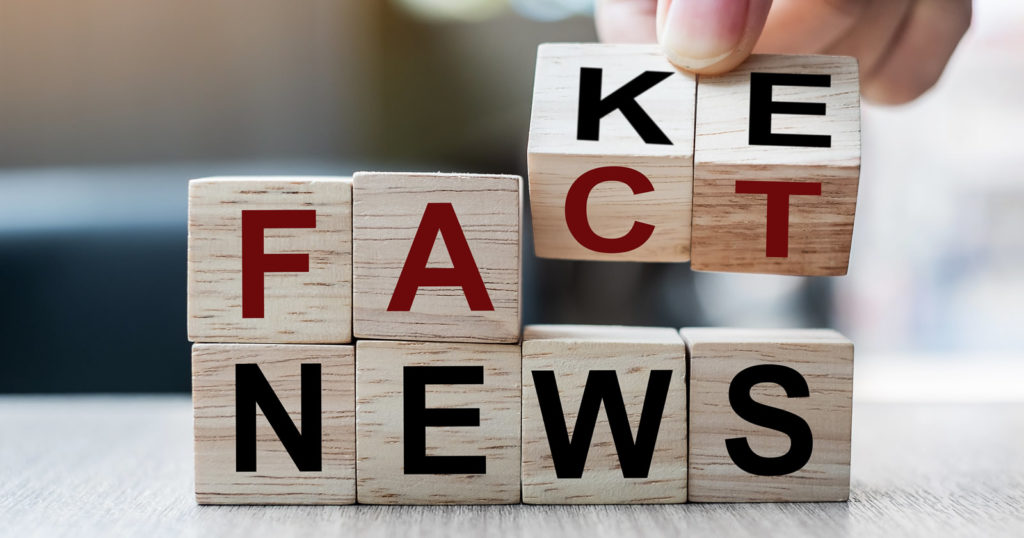
Tech Talk show notes for Tuesday, June 30, 2020. Listen live Tuesday mornings on WTCA FM 106.1 and AM 1050 in Plymouth, Indiana.
If you’re on social media, I’m sure you’ve seen plenty of posts that might, or at least should, raise an eyebrow. It’s OK to question what you see, especially if you’re unfamiliar with the source. Or even if you are familiar with the source, you should take a moment to ponder if the information you’re seeing is biased.
Whether it’s a meme, a pseudo-news article, or a video, you should spend a little bit of time researching the subject. Don’t just share it and assume the information you’re sharing is accurate. In many cases, there may be a hint of truth to the post in an effort to get you to believe it. That’s been the basis of Russian interference stories in the last several years. It’s like dropping propaganda leaflets an the unsuspecting public. It’s simple and effective. Don’t be the victim. Be an informed and responsible party.
With that said, you may be asking yourself, “How do I know what I’m reading is true?” Well, the answer isn’t always simple. But there are several websites that can help you make an informed decision. Here are a few sources that I like to use:
- FactCheck.org – A nonpartisan, nonprofit advocate for voters that aims to reduce the level of deception and confusion in U.S. politics.
- PolitiFact.com – I love the “Truth-O-Meter” with its range of truthful True and Mostly True ratings all the way down to False and Pants on Fire outright lies.
- Snopes.com – Snopes is one of the original fact-checking websites. They’ve been around since 1994 and cover a range of topics from politics to urban legends.
One of the things I hate about our current political/social climate is the term “fake news” and how easily it is thrown around. Independent thought seems to be one of those things that is now frowned upon. I’ve always held the belief that differing opinions (educated ones) are the lifeblood of our nation and one of the things that make us great. Just remember that it’s OK to question what you read and see, regardless of the source.
